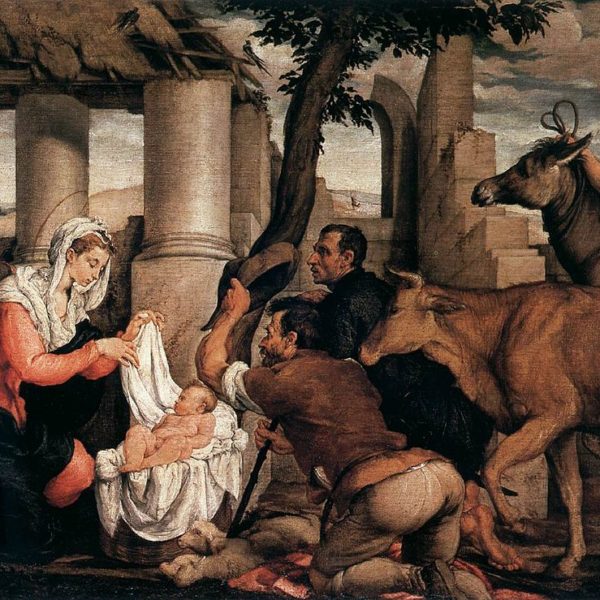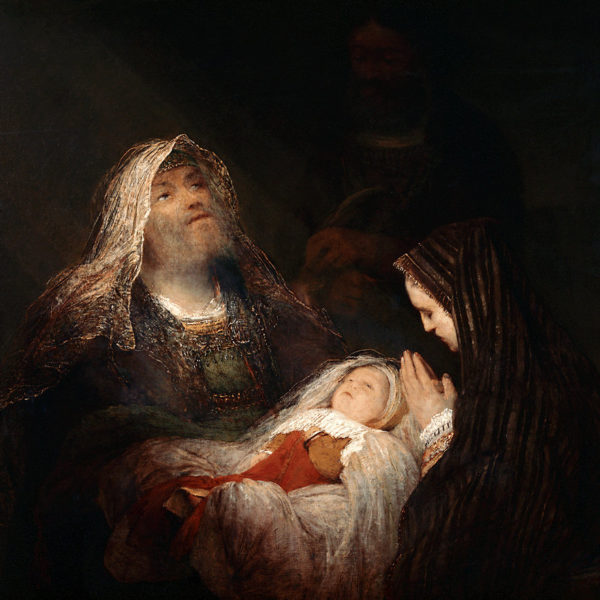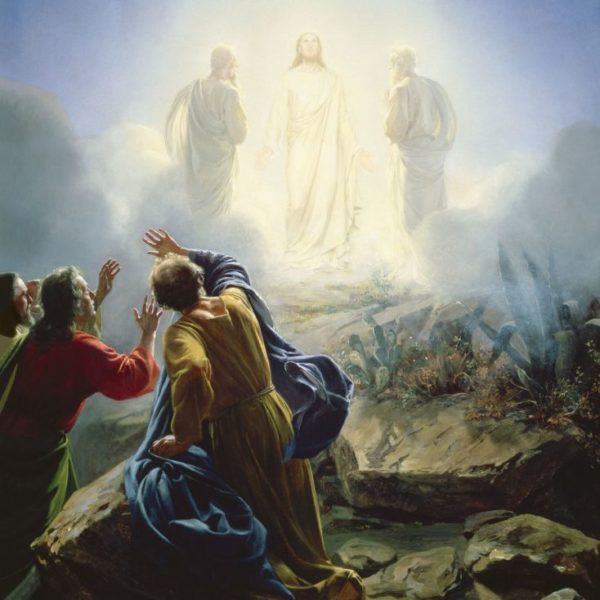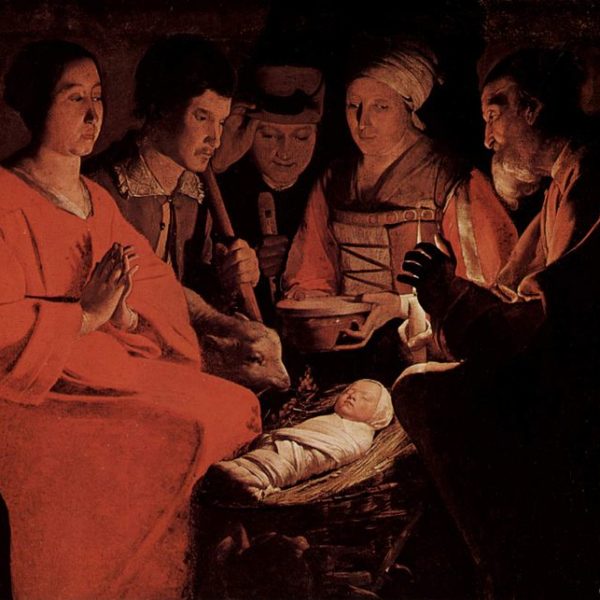
When we work towards the eradication of structures that perpetuate poverty in our communities, those that divide us, systems that perpetuate classism or any form of caste system, we each become the light that others see around them. This is also how we embody the glory of God as was experienced by the shepherds in the Lukan narrative.

The story of the sign given to the shepherds—the Child wrapped in swaddling clothes, laid in a manger—both recalls and anticipates other scriptural events in significant yet surprising ways. It also reminds us of our vocation, as those who must declare the good news of the sign of Christ to the shepherds of our age.

A competent sentinel must be vigilant, alert to and able to read the faintest signs upon a distant horizon, perceiving the most miniscule of details and discerning their greater import when they finally appear. In the opening chapters of both Matthew and Luke, we encounter a series of watchers and signs, presented in part as examples to the readers of the gospels in their own watching.

To behold is to stand somewhere between the passiveness of being a pawn in the trajectory of fate and the activity of making the world ourselves. Beginning with the act of beholding grants us necessary perspective upon our political acts and identities.

Righteous Joseph does not publicly shame his fiancée Mary, breaking with common practice in an honor and shame culture. The angel that appears to him calls him to take a further step, to assume the role of father to Mary’s curious child.

